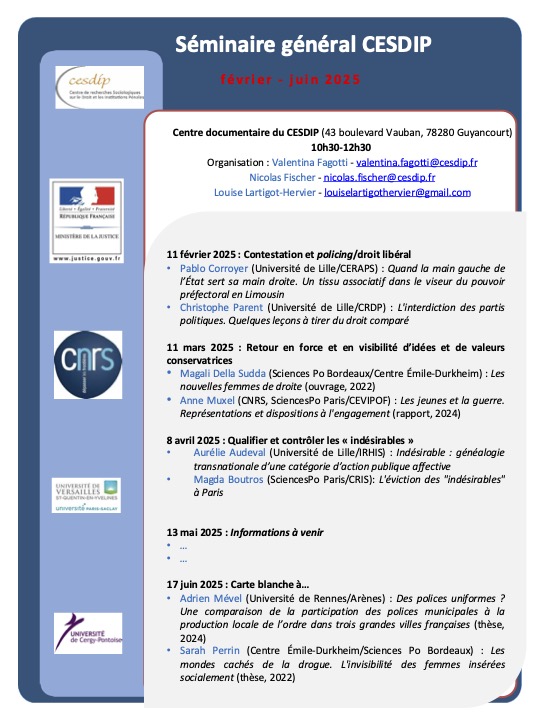Terpstra J, de Maillard J, Salet R, Roché S. Policing the corona crisis: A comparison between France and the Netherlands. International Journal of Police Science & Management. January 2021. doi:10.1177/1461355720980772
Abstract
The policing of measures to control the spread of the SARS-CoV-2 virus is a core aspect of the current corona crisis. This article concentrates on differences in policing the corona crisis in France and the Netherlands. There are huge differences in policing the corona crisis between the two jurisdictions: France with a very strict, repressive approach, and the Netherlands with a more pragmatic, communicative and responsibilizing style. These differences can be understood by looking at the underlying frames about the relationship between state and citizens. The differences in frames about the relationship between police and citizens are more or less similar between the two countries. In France, the dominant frame is of policing as a matter of ‘force’ and ‘war’; the Dutch policing style is framed in terms of responsibilization, communication and persuasion. Despite these important differences, there are also similarities. In both countries there have been fundamental criticisms of the legal basis of the corona measures and of the way that these have been policed. The issues of protest and criticism are often related to the specific dominating frames, in a paradoxical way. The Dutch approach, with its emphasis on proximity, communication and shared responsibilities, may be more effective in realizing compliance with the anti-corona rules than the French one, with its distrust of citizens, use of sanctions and war-like rhetoric. The question is raised of whether the Dutch approach will also be successful if awareness of the dangers of the virus and of the importance of self-control declines.






